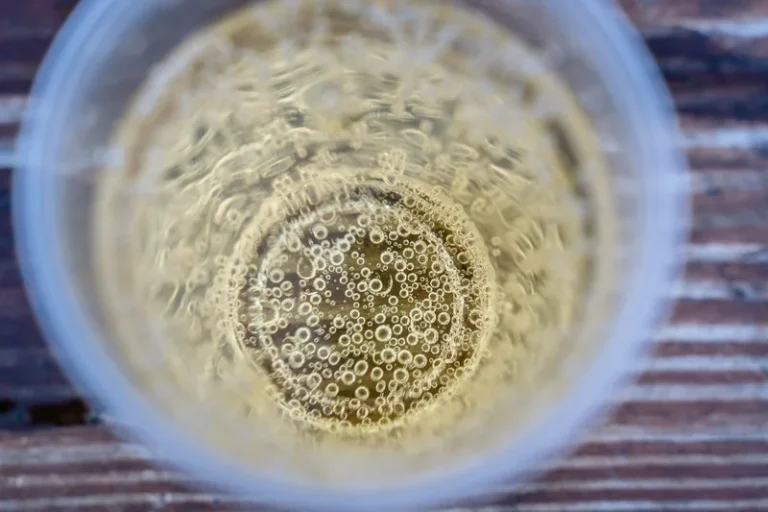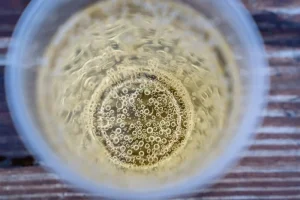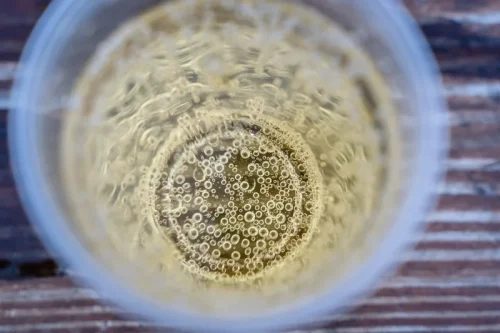
Lastly, a hangover is actually a “mini-withdrawal.” When the central nervous system is released from the depressed state, the opposite state develops-feeling edgy and irritable. According to the National Institute of Health, for men, heavy drinking is considered as five or more drinks on a single day or 15 or more per week. For women, heavy drinking is considered as four or more drinks on a single day or eight or more drinks per week. With your first drink, alcohol floods your brain with dopamine, giving you a temporary stress-relieving boost. However, that pleasure quickly can quickly evolve into feelings of nervousness and anxiety. This can also lead to a higher heart rate and lower heart rate variability (both symptoms of stress on your body) during the withdrawal period.
Only Time Will Help You Sober Up
“Drinking coffee or other caffeine products after having one too many drinks can trick your brain into making you feel energized and more awake or alert,” warns Dr. Janesz. Sure, coffee has caffeine in it, and caffeine makes you more alert. You do not need to drink every day to have a problem with alcohol. Heavy drinking is defined by how much alcohol you have in a day or in a week. When you drink on an empty stomach, alcohol passes quickly into your bloodstream, which can lead to a faster and higher peak in BAC.
Eight Stubborn Alcohol Myths, Debunked by Science
As with so many things when it comes to health, moderation is key. Also keep in mind that any one brand’s “light” beer is only light relative to that brand’s full-calorie counterpart. Besides, the number of calories in a product isn’t the sole determinant of how healthy it is. Journey to the local pizza shop with a hankering for greasy, cheesy goodness. And your fuzzy brain told itself eating was a good idea because food would soak up some of the alcohol. Plus, alcohol’s effects on the liver and pancreas inhibits the transport of digestive enzymes and essential nutrients through the body.

Myth: Wine or beer won’t make you as drunk as hard liquor.
Consuming food before drinking can slow this process, as the presence of food in the stomach activates enzymes that begin to metabolize alcohol before it enters the bloodstream. The belief that mixing different types of alcohol leads to higher levels of intoxication is a common misconception. We offer physician-led treatment for drug and alcohol addiction in Colorado.

Myths about drinking alcohol you’ll wish you’d known sooner
Not valid on previous purchases or when combined with any other promotional offers. You’ve probably heard the old saying, “Beer before liquor never sicker; liquor before beer, you’re in the clear.” Or the phrase, “Beer before whiskey, always risky. Whiskey before beer, never fear.” Binge drinking can also result in violent behavior, either towards yourself or others. John C. Umhau, MD, MPH, CPE is board-certified in addiction medicine and preventative medicine. For over 20 years Dr. Umhau was a senior clinical investigator at the National Institute on Alcohol Abuse and Alcoholism of the National Institutes of Health (NIH). Alcohol use disorder is a medical condition that cannot be overcome with willpower alone.

Alcohol Use Disorder: Myths and Facts
- About 64,000 people were killed from issues related to drugs in 2016.
- Dark beers look like they’re thicker, fuller in taste, and higher in carbs and calories.
- It’s also found in many prescription pain relievers, such as Percocet and Vicodin.
- Switching to hard liquor after a few beers can make the feeling come on too fast, usually resulting in vomit (or so the myth goes).
- Whether it’s at a party with friends or through pop culture references, there are quite a few things about drinking alcohol that get misconstrued.
You may think that drinking can help alleviate pain, but evidence suggests that chronic drinking can worsen pain levels. Instead, you should keep track of how long alcohol can stay in your system, drink lots of water and wait for your body to clear it all out. In other words, when you’re dealing with harsh conditions, myths about alcoholism don’t depend on a drink to keep you toasty. Take our short alcohol quiz to learn where you fall on the drinking spectrum and if you might benefit from quitting or cutting back on alcohol. Problem drinking is not about what you drink, but how it affects your life.